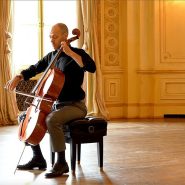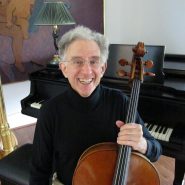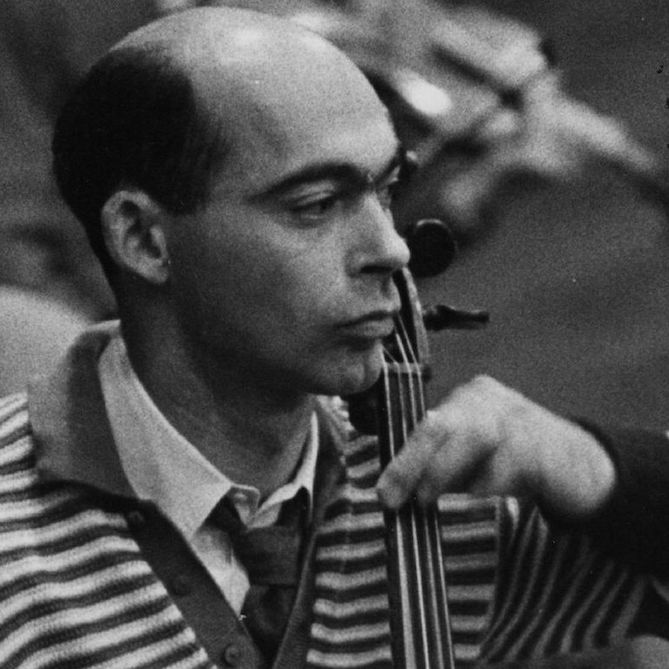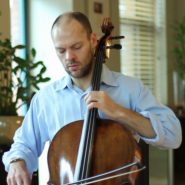Tag: Janos
By Michael Haber September 1, 2017
Subjects Practicing
Tags Duport, Gallamian, intonation, Janos, Michael Haber, Piatti, Popper, Practice, scales, setting goals, Starker, Starker method, technical work, Technique, trills

By Blogmaster September 10, 2013
Subjects Artists
Tags artist, Bloomington, cellist, cello, cellobello, confidence, elegance, expression, Gwen, Hungarian Cellist, Indiana, Indiana University, Janos, Janos Starker Memorial, legacy, legend, Memorial, Musical Arts Center, musician, performer, Preucil, Remembering Janos Starker, soloist, Starker, survivor, teacher, virtuoso
By Blogmaster August 1, 2013

By Blogmaster July 9, 2013
Subjects Artists
Tags artist, Canada, celebration, cello, cellobello, colleagues, former students, gathering, honor, impact, inspiration, intimate gathering, Janos, life of Janos Starker, love, memories, music, musical influence, photographs, pictures, Remenyi House of Music, Starker, stories, students, Teaching, Toronto, Toronto Cricket Club, tribute

By Blogmaster April 28, 2013
Tags a tough but dedicated teacher, An Organized Method of String Playing, anticipation in music, artists, Bloomington, born to teach, cello, Cello teacher, cellobello, child prodigy, civilized human existence, Dallas Symphony, dramatic success, from performance to teaching, Grammy Award-winning recording artist, great cello teachers, Indiana University, Indiana University Mourns Loss of Music Great, Jacobs School of Music, Janos, Metropolitan Opera Orchestra, music's role in society, musician, performing artist, playing in public, Remembering Janos Starker, Starker, teacher, technical mastery, the Chicago Symphony, tremendous talent, true artistic giant
By Brant Taylor February 20, 2012
Subjects Artistic Vision
Tags Awareness, Bernard, Brant, cello, cello technique, cellobello, David, Development, Experience, Greenhouse, Gregor, inspiration, Janos, Katz, music, Paul, performance, perspective, Piatigorsky, Popper, Quartet, Starker, Taylor, Teaching
By Robert Battey February 3, 2012
Subjects Practicing
Tags Accomplishment, Battey, cello, cellobello, character, Coordination, Development, dynamics, Effective, ensemble, harmony, Janos, Listening, music, perfection, Rhythm, sight-reading, Starker, success, Technique
By Brant Taylor July 19, 2011
Subjects Practicing
Tags aspirations, Awareness, bow speed, Brant, cello, cellobello, character, concentration, concepts, contact point, creativity, details, effortless, exploration, finesse, fundamentals, harmony, ideas, Janos, legato, lessons, Listening, musical, Philosophy, release, skills, small details, solutions, Starker, Taylor, tension, vibrato, weight






